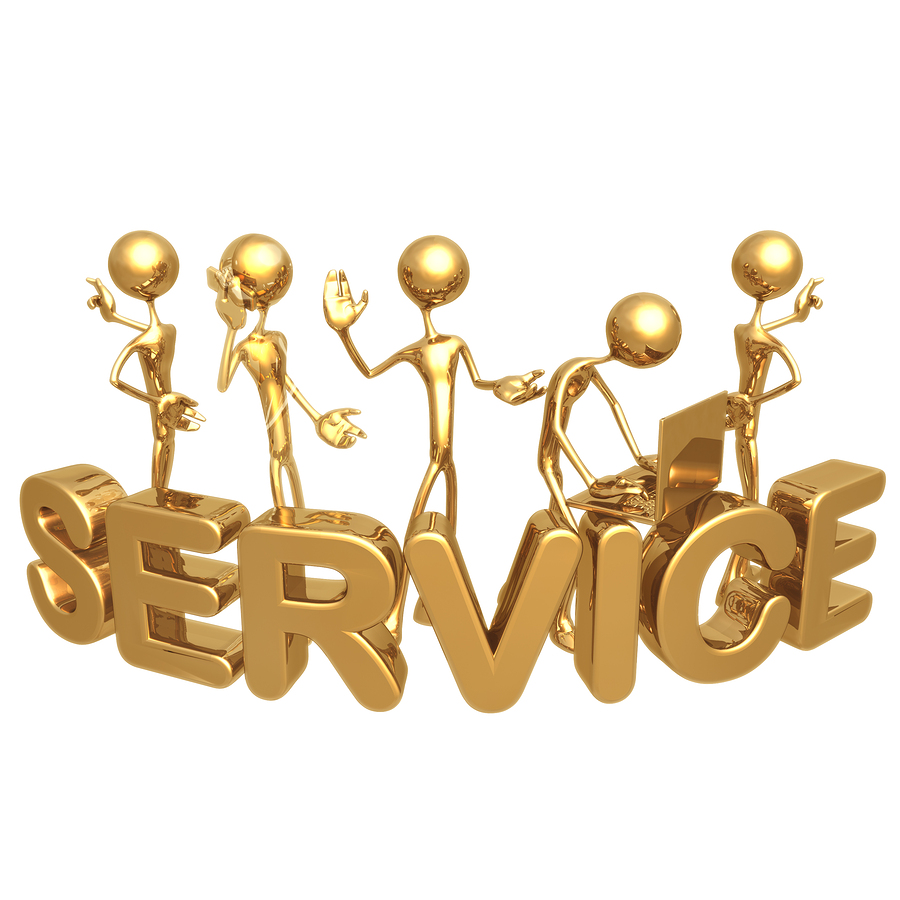The concept of innovation and setting yourself apart is much easier said than done in the commodity market. In an industry where what is produced is largely equivalent across all competitors, the key to getting ahead is the service you provide.
Consider your business from the perspective of your customer – with utilities, in particular, a new product is often not going to add value; however, improving upon the ancillary services based on your product and thereby expanding your business model to include a service component will.
Let me provide an example…No one else in our industry used radio-frequency identification (RFID) when we first started implementing this technology in our own plants in 2011 for internal inventory purposes while manufacturing utility poles. However, we soon realized that this same technology would also allow utilities to better track, inspect, and maintain poles once they were put up in their service areas.
Eventually, this led us to form a software company, Sustainable Management Systems (SMS), that today sells the capability for utilities to more quickly and accurately maintain their inventory of poles in use. Rather than reinventing the utility pole, SMS just attaches a service that provides added value for our utility customers by allowing them to move away from traditional paper-and-pencil inspection of poles.
Evaluate All Touch Points
In the previous example, we leveraged an internal best-practice to help customers externally. Another area to uncover added value would be evaluating your delivery lifecycle – each touch point with your customer – and determine where in the process things could improve to create additional benefits for your customer.
One of the areas that have led to revolutionary innovation for our industry is the focus we’ve placed on pole disposal. By focusing on a full life-cycle approach, we provide an unprecedented approach in our industry. Our mission has been to make the removal and pickup of these poles as seamless as possible. The goal is to create a process that requires customers to only work with us and not multiple vendors or contractors. We want anyone who contracted for our services to know that they will not have the hassle of a lot of the typical issues that go along with waste disposal, whether that is cutting up material to fit into a dumpster, contracting with a dumpster company to transport that material to a landfill on a regular basis, or paying the tipping fee to the landfill operator.
Standing out from competitors in the utility and commodity industry is difficult; however, it can be done. When you step back, look at the entire lifecycle of your product, improve upon it, and consider services that would create true customer value, you will inevitably be ahead of the pack.


